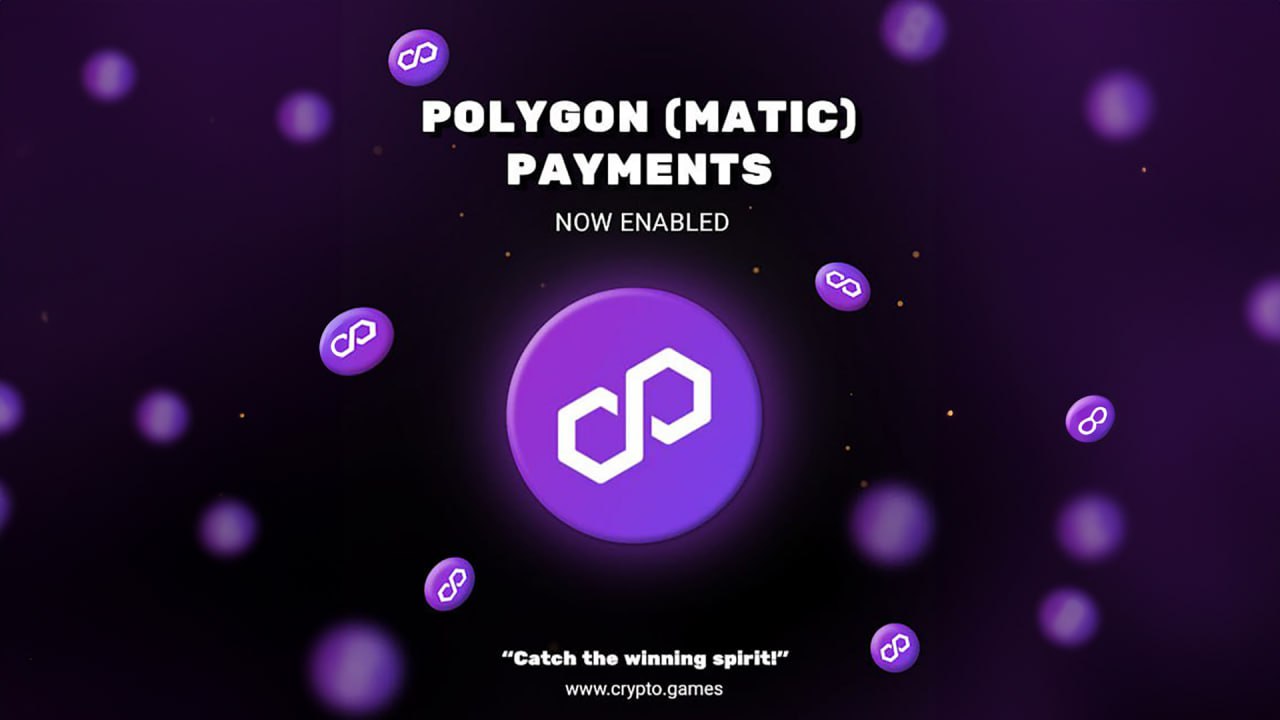Understanding Over-Collateralization (OC)
Over-collateralization (OC) is the practice of providing collateral that exceeds the required value to cover potential losses in the event of default. This risk management strategy involves using an asset as collateral for a loan, where the asset’s value is higher than the loan amount.
In the case of over-collateralized stablecoins, a larger number of cryptocurrency tokens are held as reserves to back a smaller number of stablecoins. This approach acts as a protection against price fluctuations.
For example, DAI utilizes a collateralized debt position through MakerDAO to secure assets as collateral on-chain. Users can deposit Ether or other accepted cryptocurrencies and borrow against the value of their deposits to receive newly generated DAI.
However, collateralizing stablecoins may not always be the most efficient approach as it involves keeping collateral idle, which could be used more productively elsewhere. To address this, new innovations are emerging where stablecoins with algorithmic controllers can issue more coins when the price rises and buy them back from the market when the price falls. This algorithmic manipulation of supply to influence the price eliminates the need for collateral backing.
About the Author: Travis Moore is the CTO of Frax
Bio: Travis Moore is an angel investor, programmer, entrepreneur, and the CTO of Frax, the world’s first fractional algorithmic stablecoin that is partially backed by collateral and stabilized algorithmically. Frax is an open-source and permissionless project that brings a truly trustless, scalable, and stable asset to the future of decentralized finance. Moore is also a co-founder of Everipedia, a blockchain-based knowledge base. He holds a triple-major from UCLA in Neuroscience, Biochemistry, and Molecular, Cell, & Developmental Biology. His passions lie in artificial intelligence and blockchain technology, which he believes will have the most significant impact on the world in the coming decade.
Powered by Froala Editor











